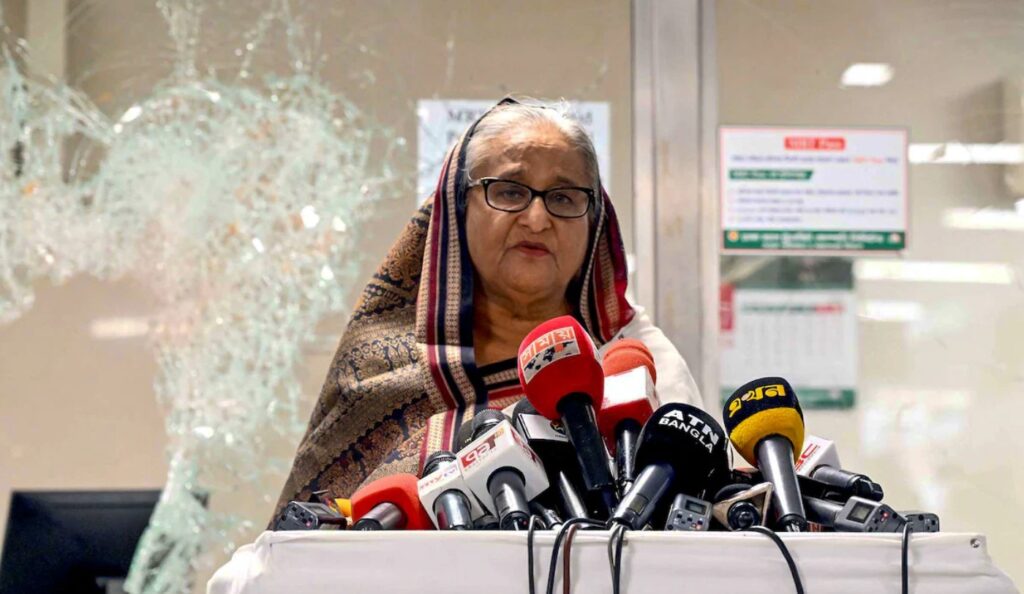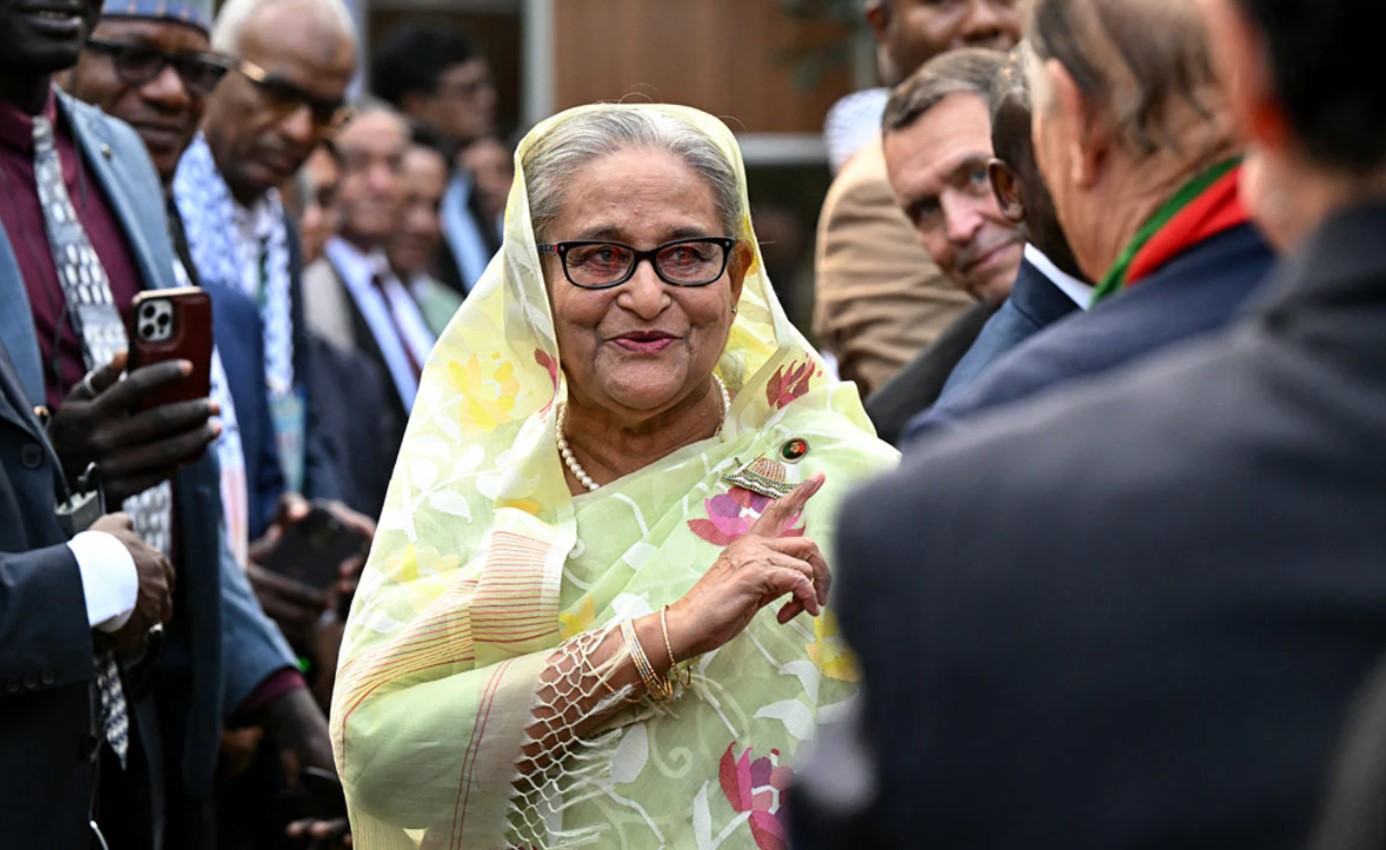
New Delhi: The UK Home Office has clarified that British immigration rules do not permit individuals to travel to the UK to seek asylum or temporary refuge. This statement comes amid ongoing speculation that Sheikh Hasina, the ousted Bangladesh leader currently in Delhi, might travel to London for sanctuary. The UK government, led by Sir Keir Starmer following Labour’s recent landslide victory, emphasized that asylum seekers must apply in the first safe country they reach.
“The UK has a strong tradition of offering protection to those in need,” a UK Home Office spokesperson told NDTV. “However, there is no provision for individuals to travel to the UK to seek asylum or temporary refuge. Those in need of international protection should seek asylum in the first safe country they arrive in as this is the quickest route to safety.”
Despite this, reports suggest that a formal asylum request for Sheikh Hasina is under review. The 76-year-old former Prime Minister of Bangladesh resigned on Monday evening following intense protests over a job quota that resulted in over 300 deaths. She fled Dhaka in a military aircraft, reportedly under pressure from the Bangladesh Army, and initially arrived at an Indian Air Force base in Uttar Pradesh.
Sources indicated that Hasina, who was greeted in India by National Security Advisor Ajit Doval, might travel to London after her plane was refueled. However, there has been no official confirmation of her travel plans or current location. It is reported that she is in “protective custody” under Indian intelligence services.
Hasina is accompanied by her younger sister, Sheikh Rehana, a UK citizen, which could potentially aid her asylum claim. Her niece, Tulip Siddiq, is a British Labour MP, adding to the potential support network. Her daughter, Saima Wazed, serves as the regional chief for the World Health Organization in Delhi, which may not influence the asylum process.
Indian Government’s Position
Bangladeshi publication Daily Sun reported unverified sources claiming that India has granted Hasina an “interim stay” with logistical support, pending her potential relocation to Britain. Prime Minister Narendra Modi and External Affairs Minister S. Jaishankar have been briefed on the situation, with Jaishankar addressing concerns about possible foreign involvement, including from Pakistan, in the recent upheavals in Dhaka.
The situation in Bangladesh poses a dilemma for India. If the UK denies Hasina’s asylum request, India faces the challenge of navigating its diplomatic relations with the new Bangladeshi government while not appearing to overtly support the ousted leader.
What’s Next for Bangladesh?
An interim government, potentially advised by Nobel laureate Muhammad Yunus, is reportedly forming in Bangladesh. This follows the release of former PM Khaleda Zia from prison, a move ordered by President Mohammed Shahabuddin. As speculation continues, key figures in the current crisis include the military, which took control after Hasina’s resignation, and Khaleda Zia, whose release has stirred political debates.

